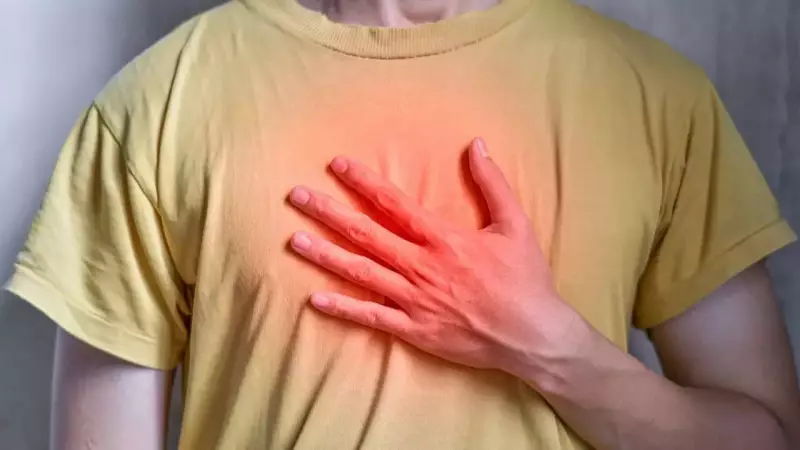
When heart attack symptoms strike, every second counts. But did you know that a common household medication could be your first line of defense? Medical experts reveal that chewing an aspirin tablet during those critical moments could significantly increase your chances of survival.
The Science Behind Aspirin's Life-Saving Power
Aspirin works as a powerful blood thinner, helping to prevent further blood clot formation in your arteries during a heart attack. When you chew the tablet instead of swallowing it whole, the medication enters your bloodstream much faster - often within minutes rather than hours.
Why Chewing Makes All the Difference
Chewing an aspirin breaks it down rapidly, allowing the active ingredients to be absorbed directly through the lining of your mouth and stomach. This bypasses the slower digestive process, delivering the life-saving benefits when time is most critical.
Recognizing Heart Attack Symptoms
Before reaching for that aspirin, it's crucial to recognize the warning signs:
- Chest pain or discomfort that may spread to arms, neck, or jaw
- Shortness of breath
- Nausea or vomiting
- Cold sweat
- Lightheadedness
Important Precautions and Guidelines
While aspirin can be life-saving, medical professionals emphasize these critical points:
- Always call emergency services first - aspirin is not a substitute for professional medical care
- Use only plain aspirin, not coated varieties that dissolve slowly
- The recommended dose is typically one regular-strength (325 mg) tablet
- Inform emergency responders that you've taken aspirin
Who Should Be Cautious?
While aspirin can be beneficial for many, certain individuals should exercise caution:
- People with aspirin allergies
- Those with bleeding disorders
- Individuals already taking blood thinners
- People with stomach ulcers
Remember: This information serves as general guidance. Always consult with healthcare providers for personalized medical advice and discuss whether keeping aspirin handy is appropriate for your specific health situation.





